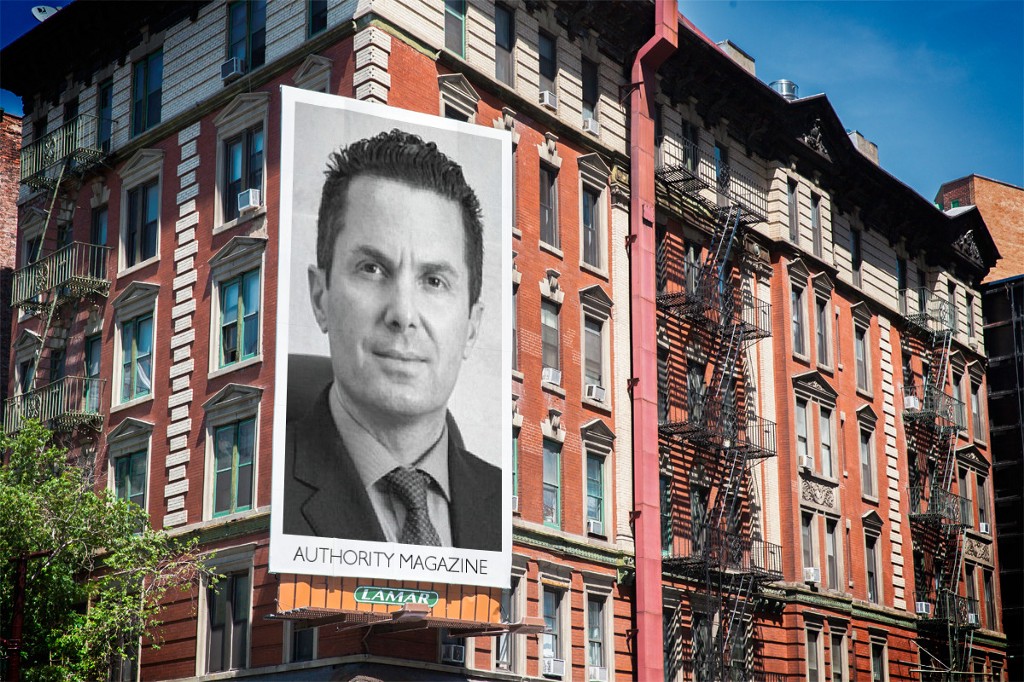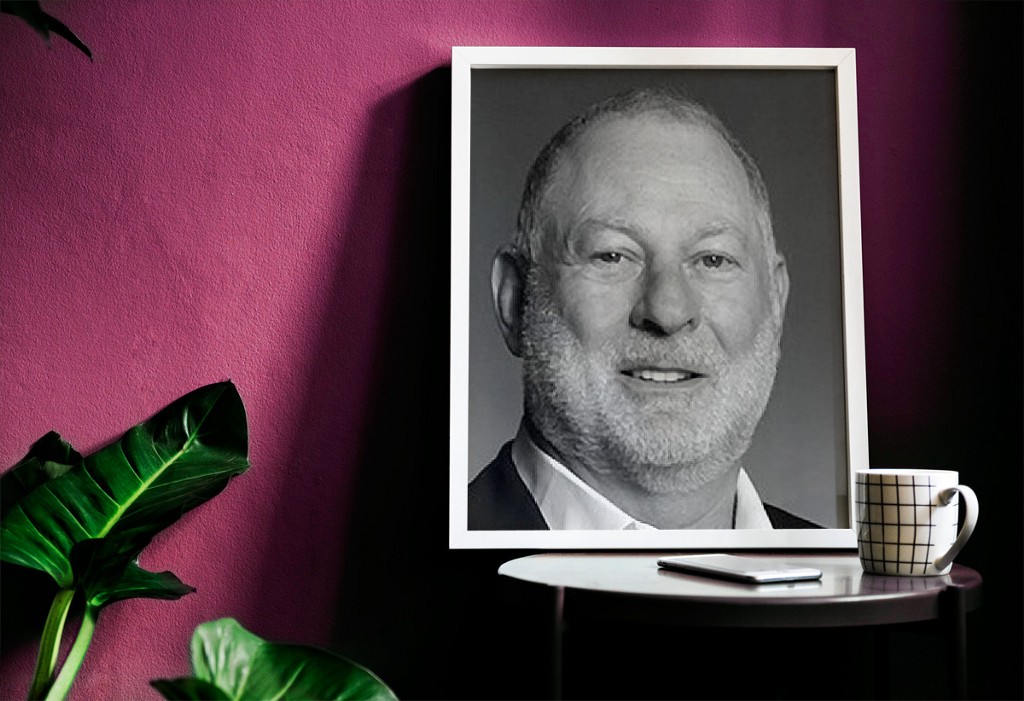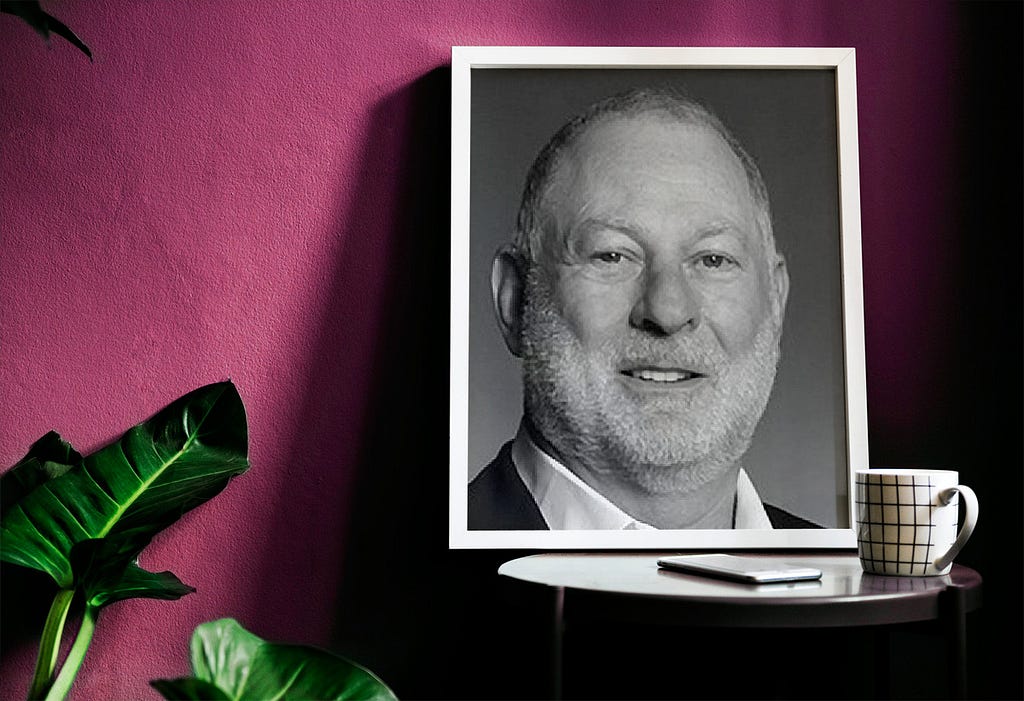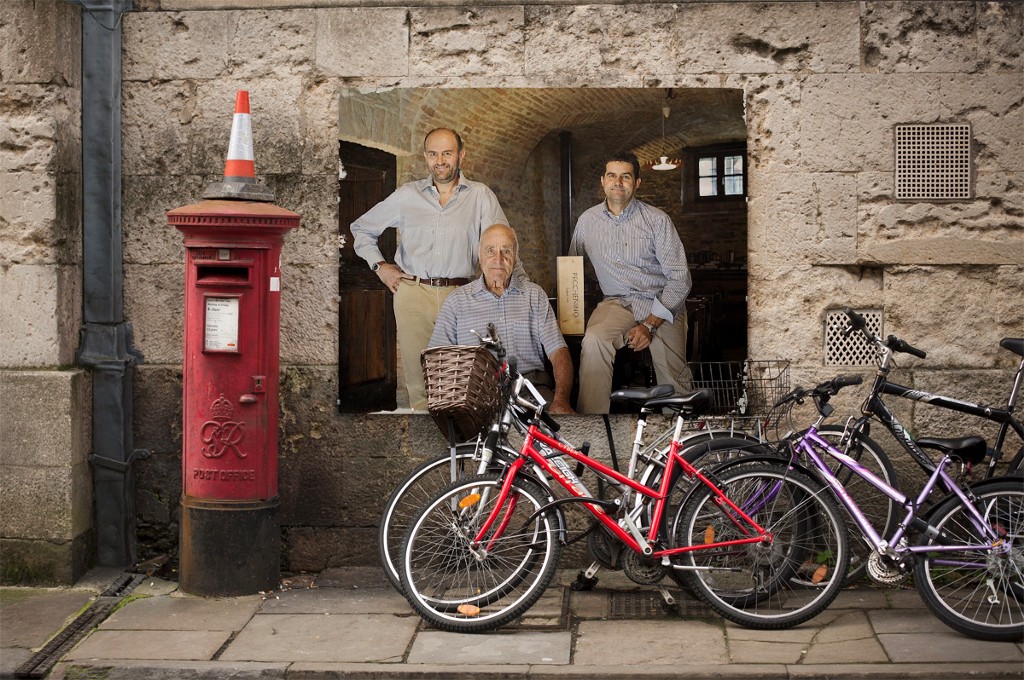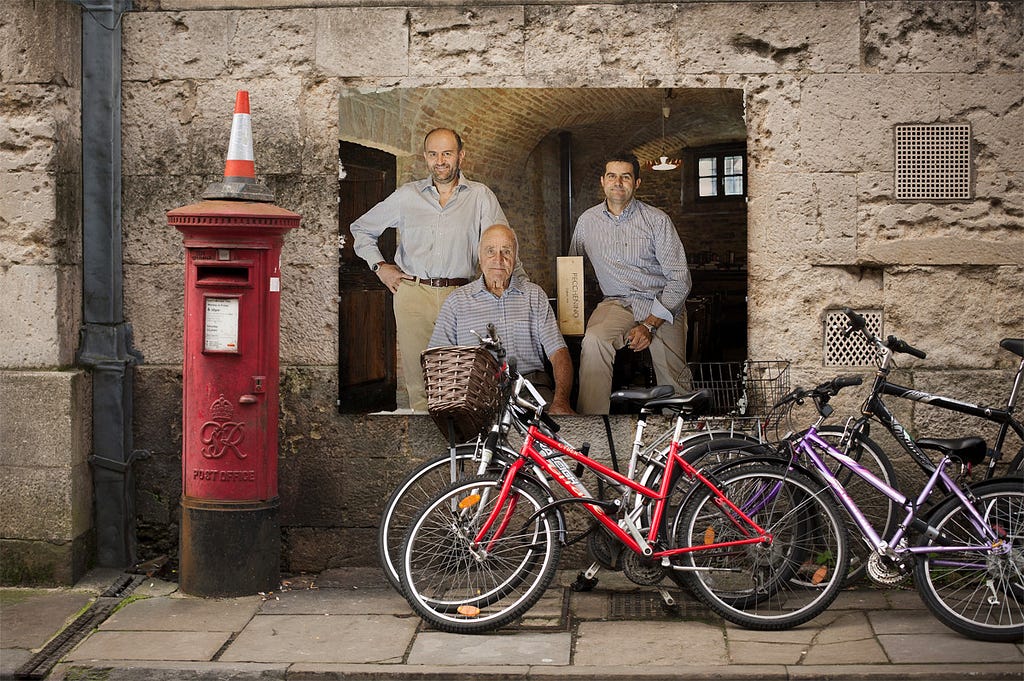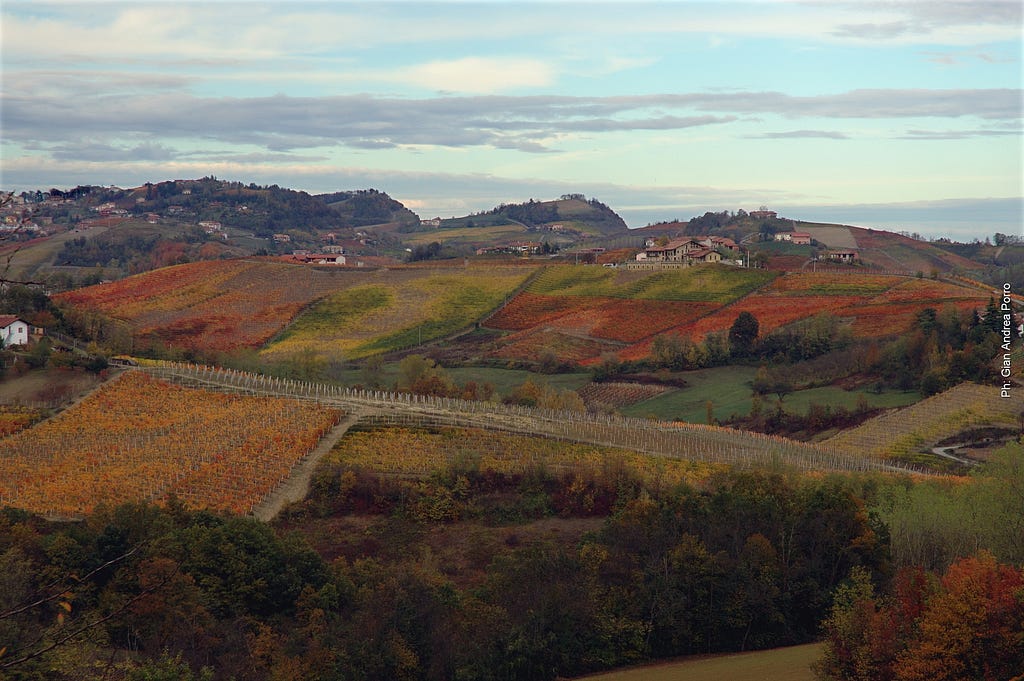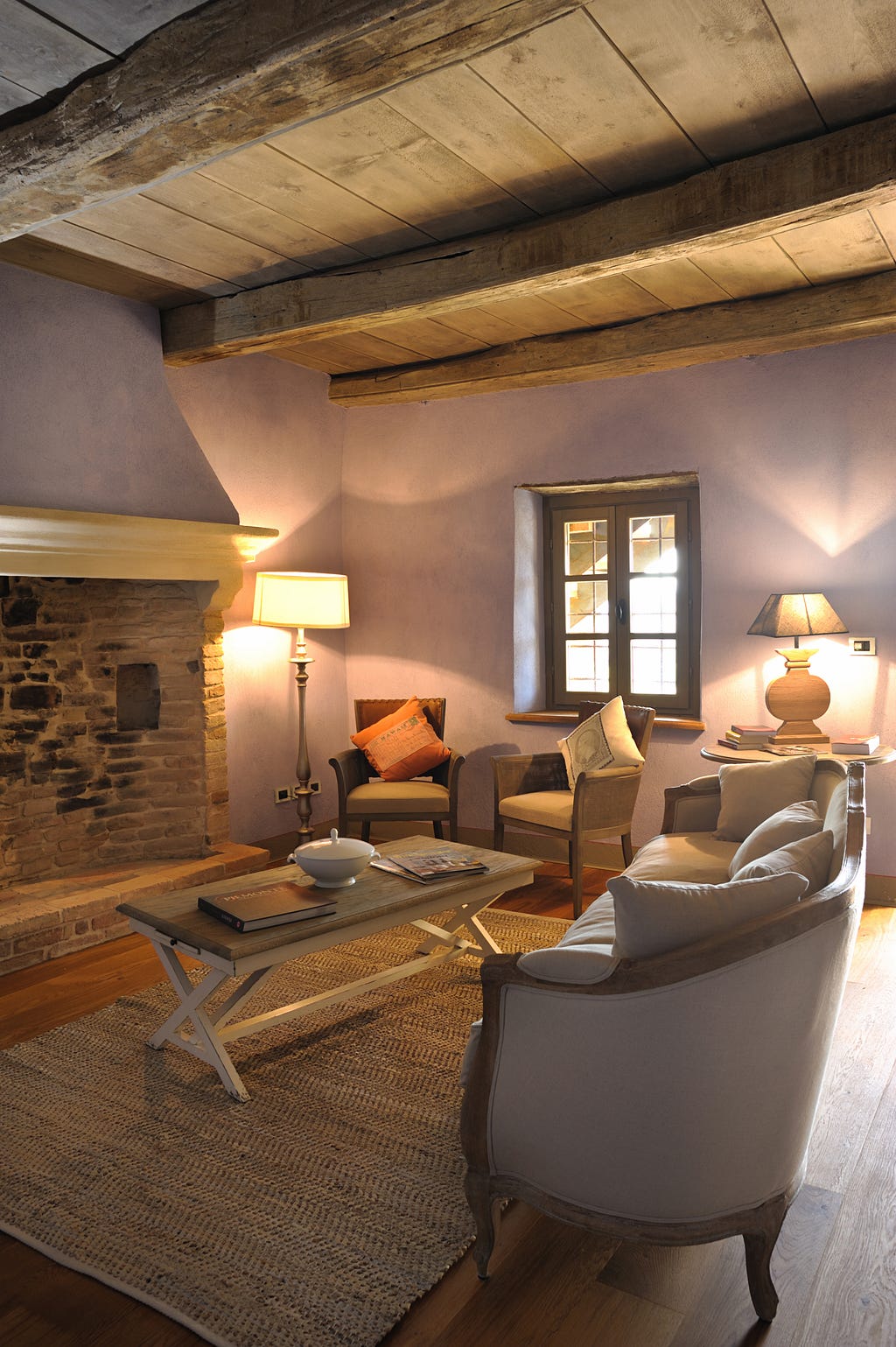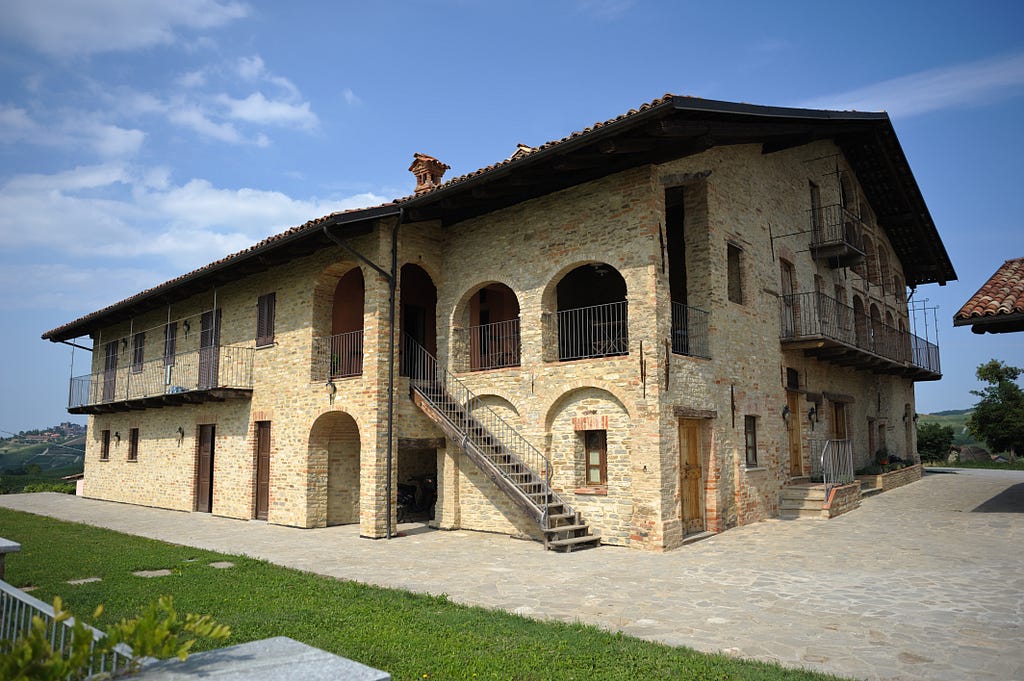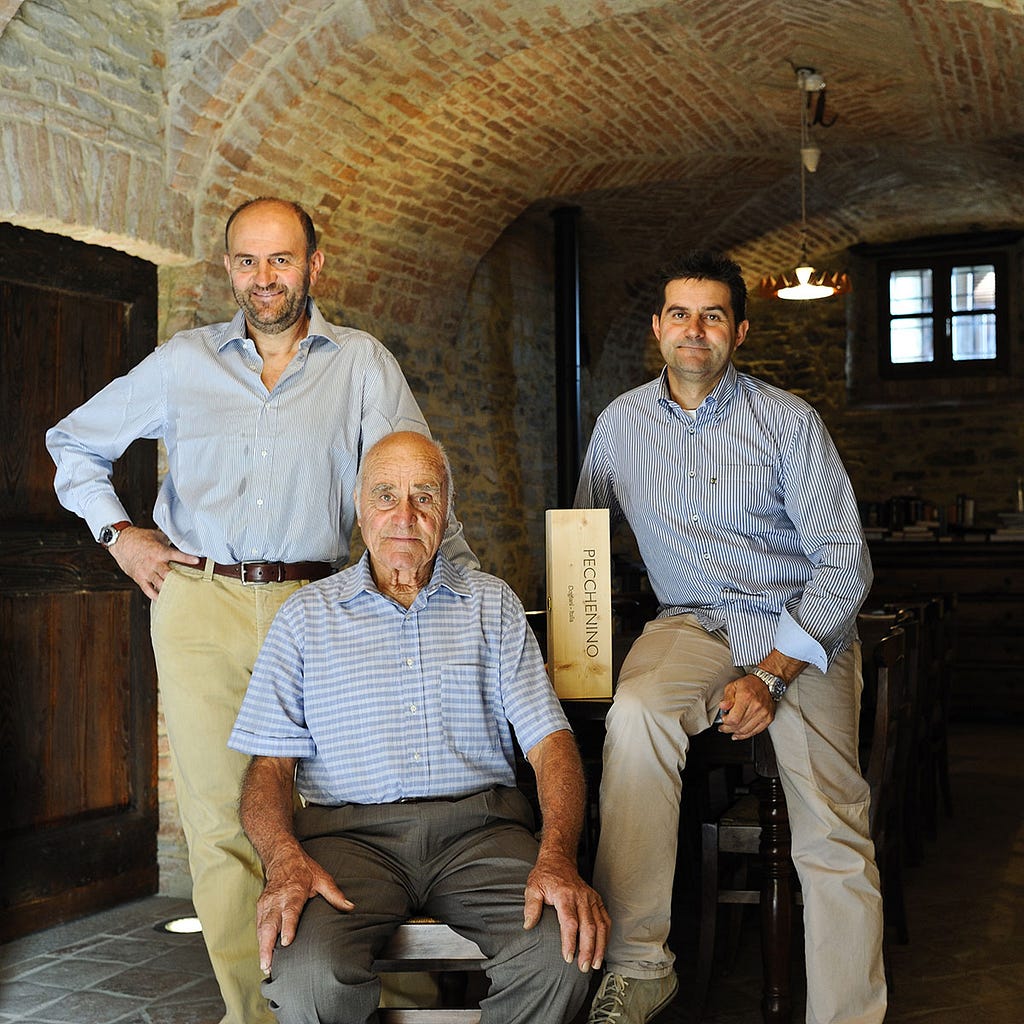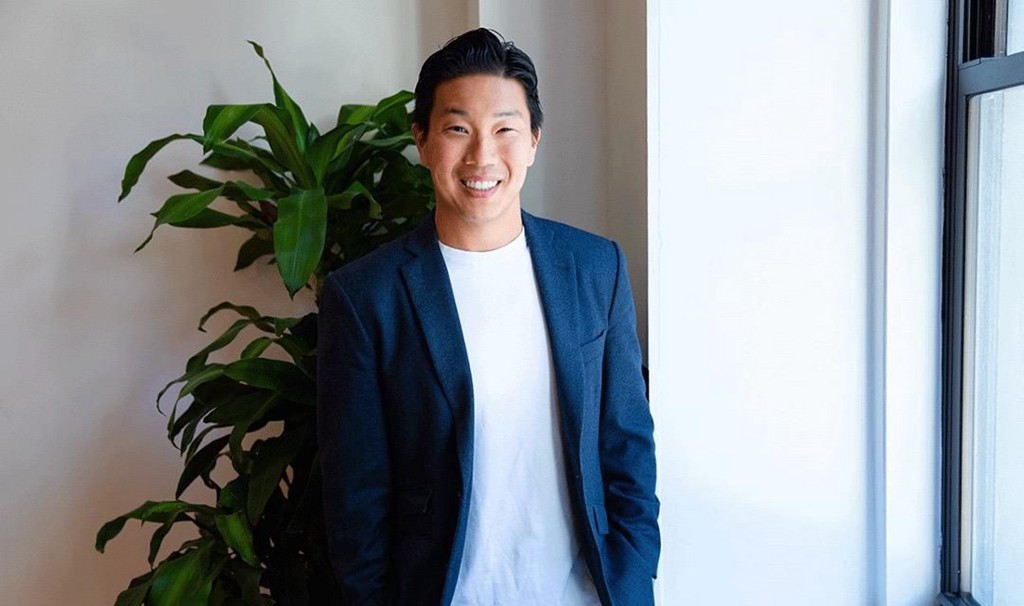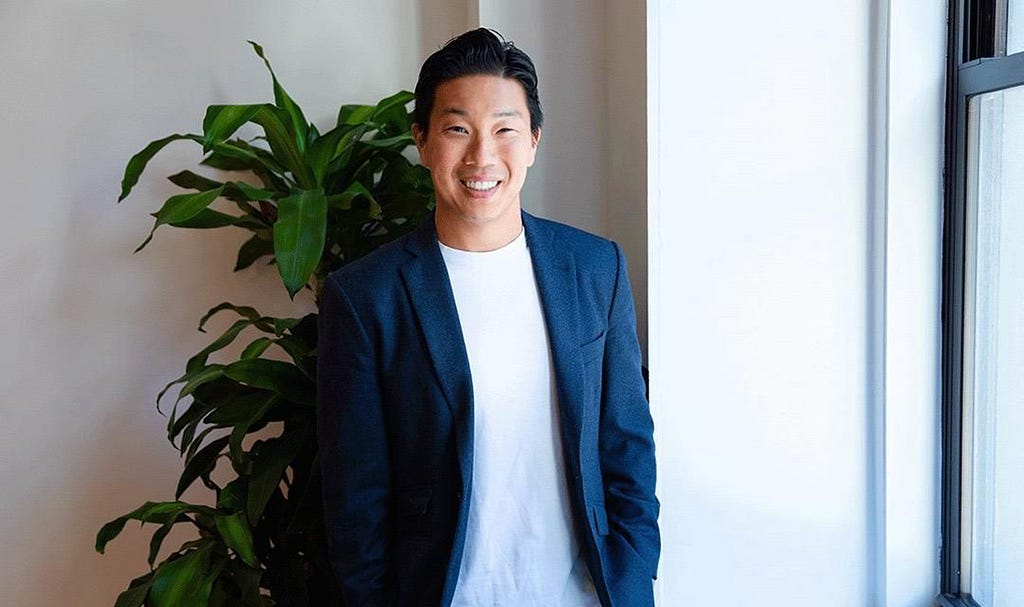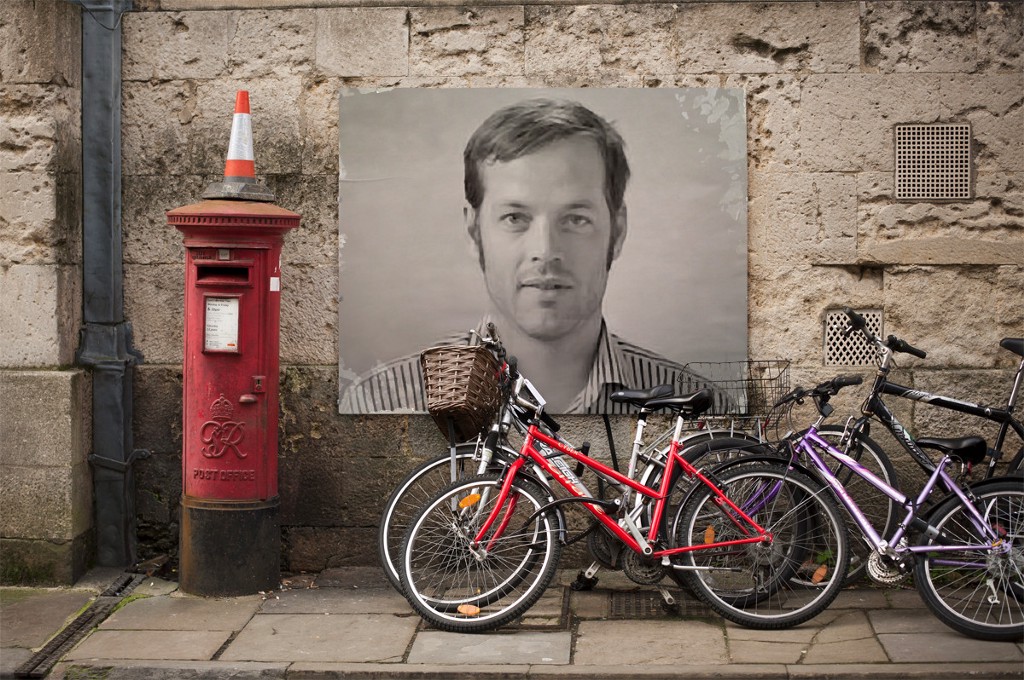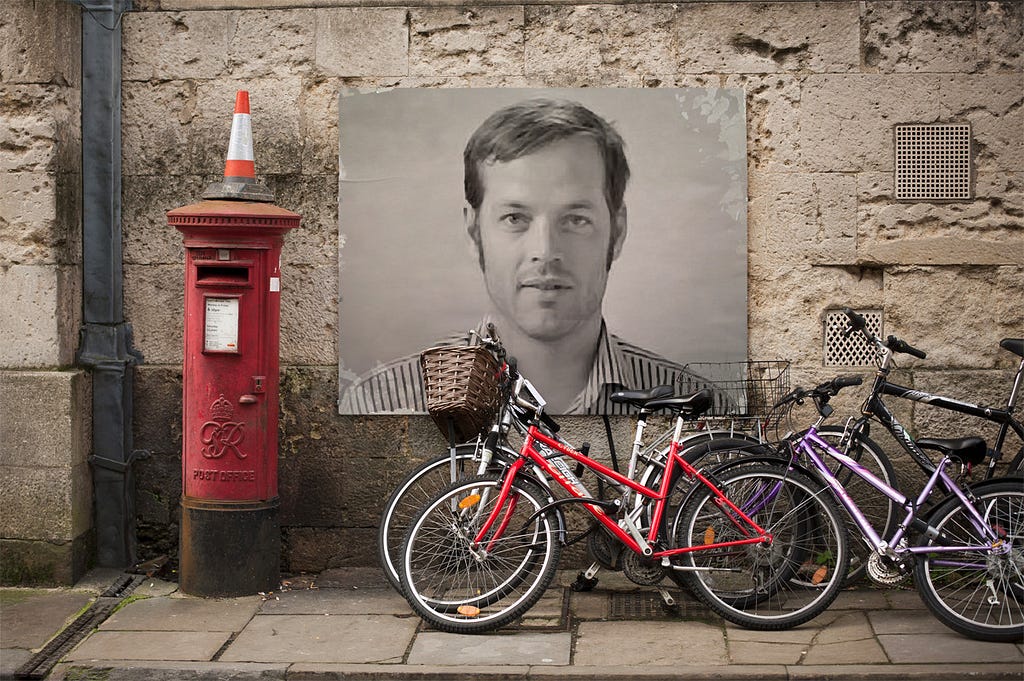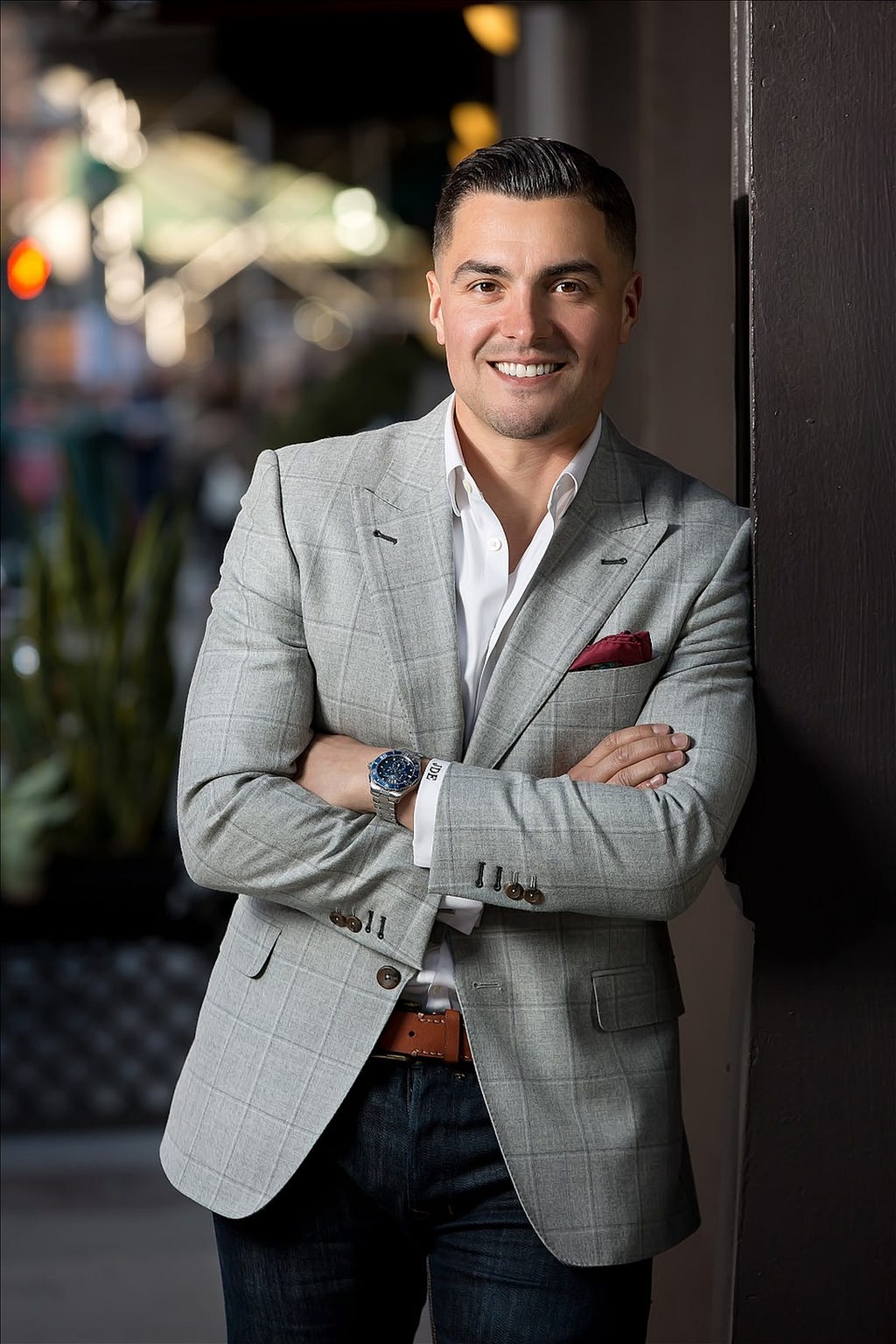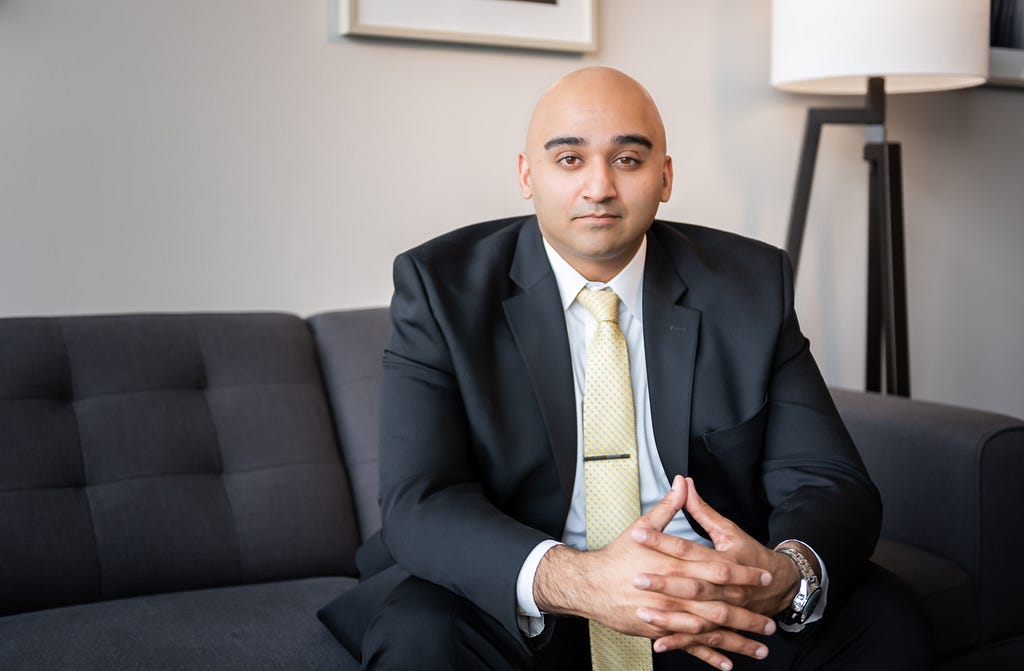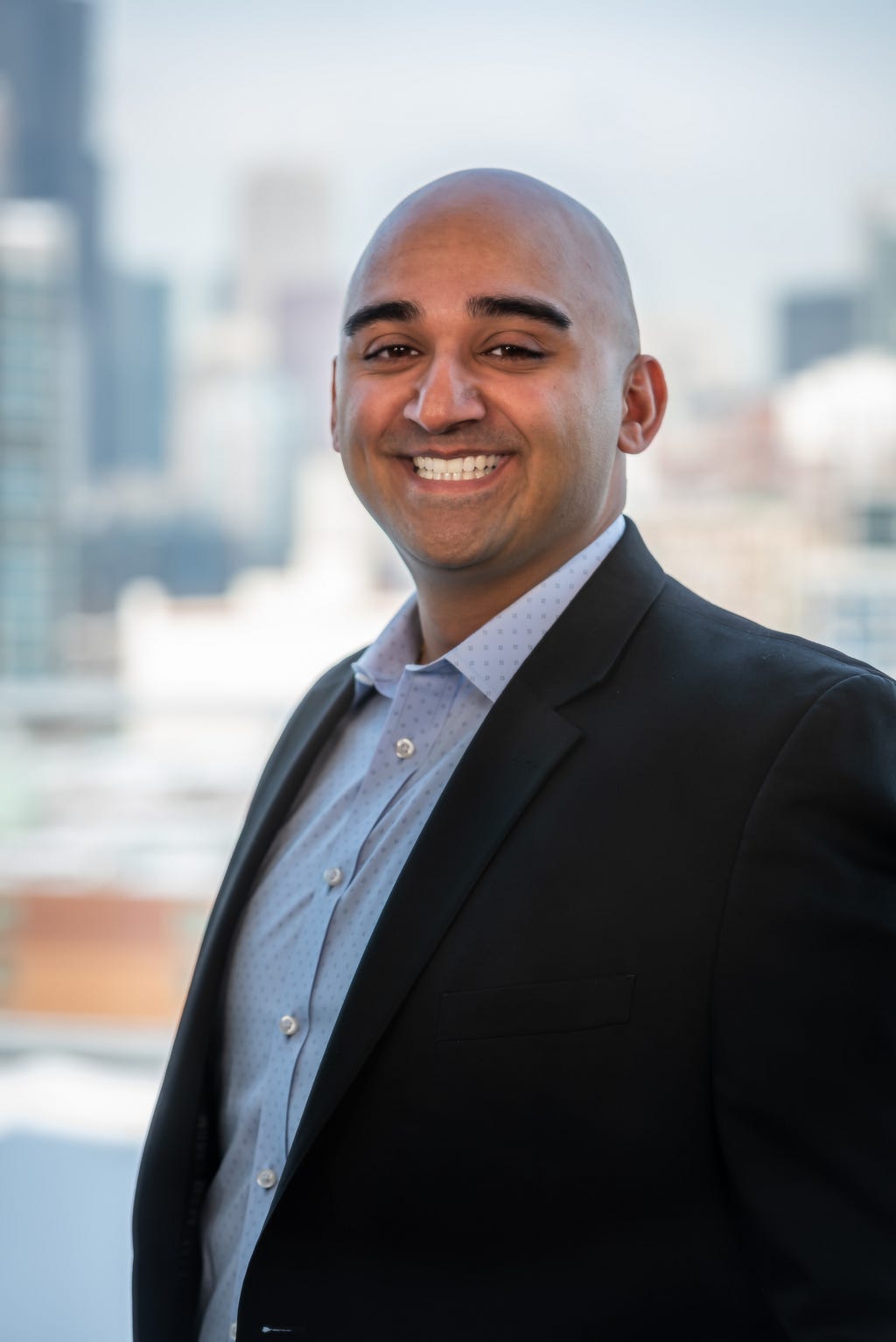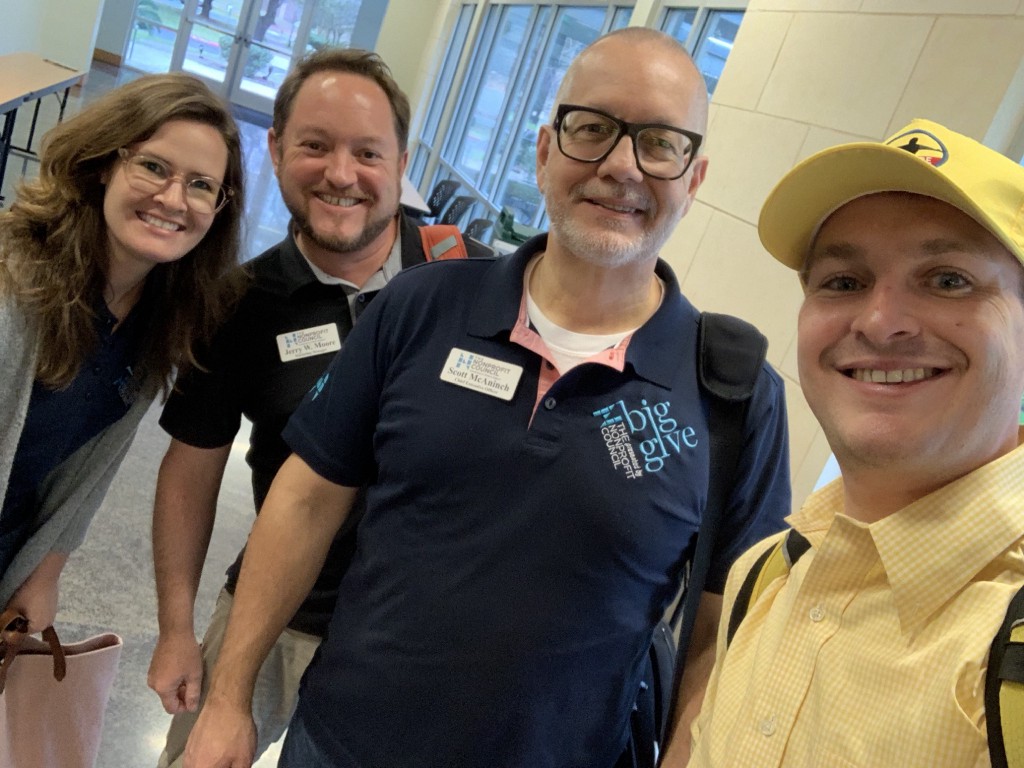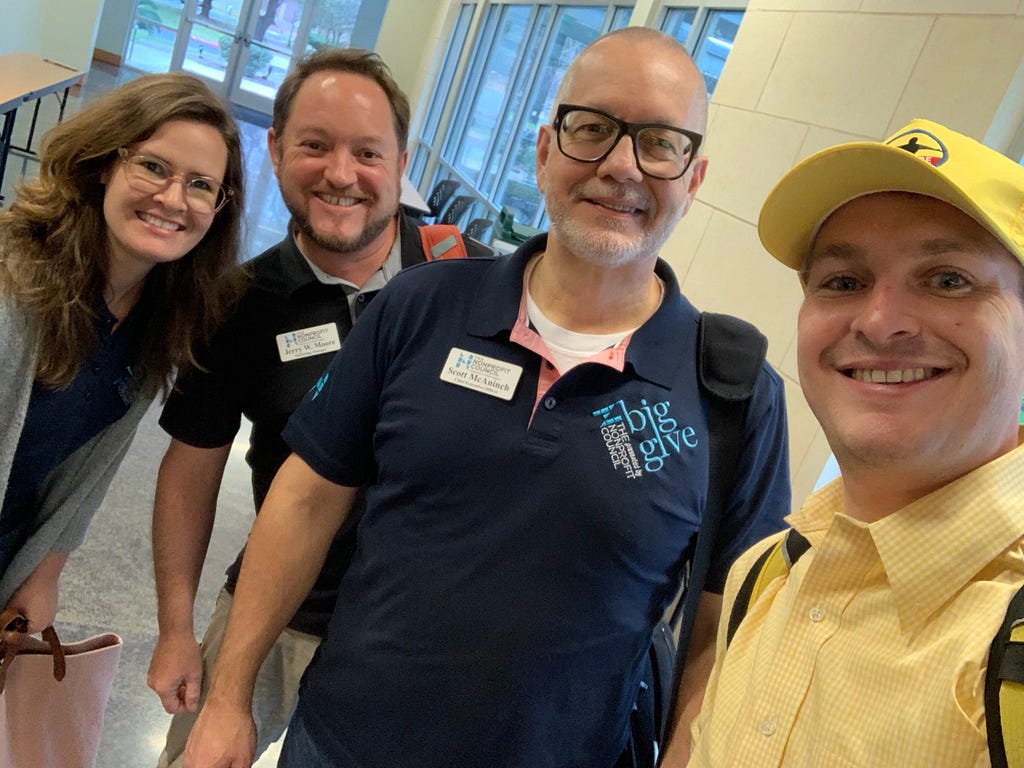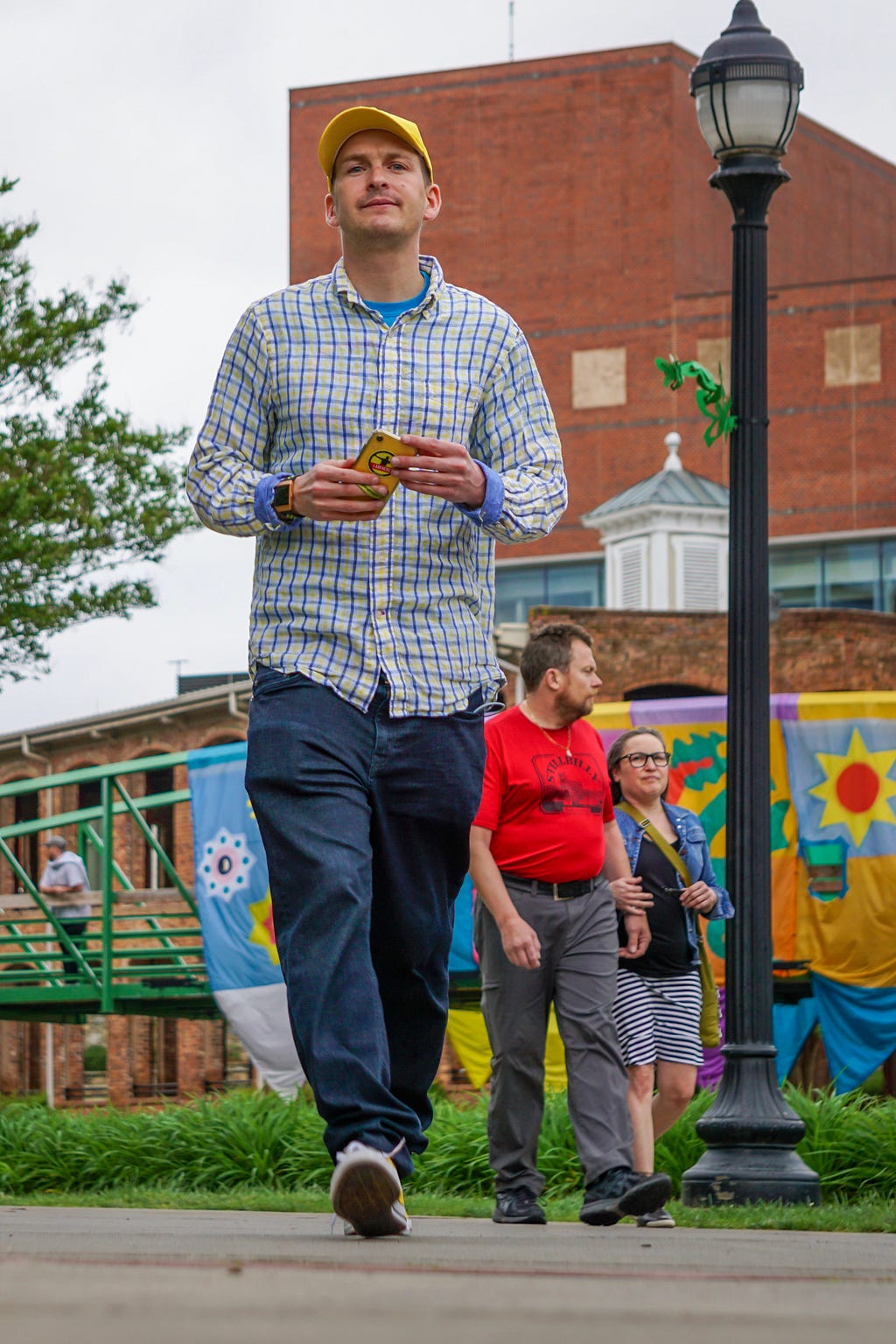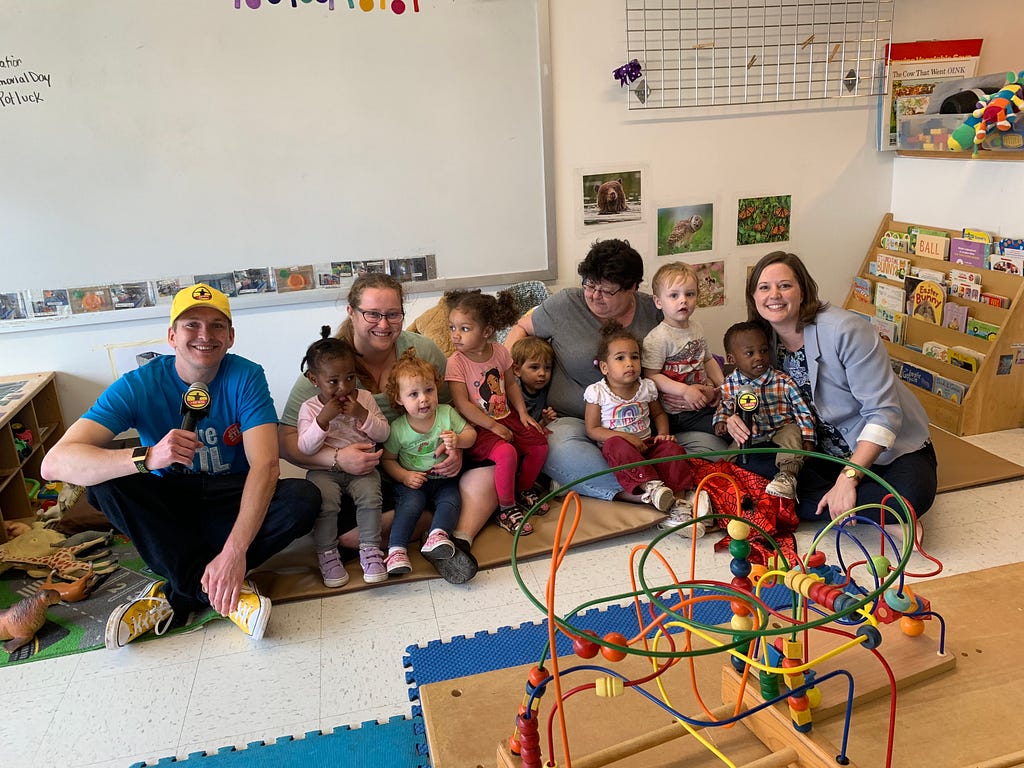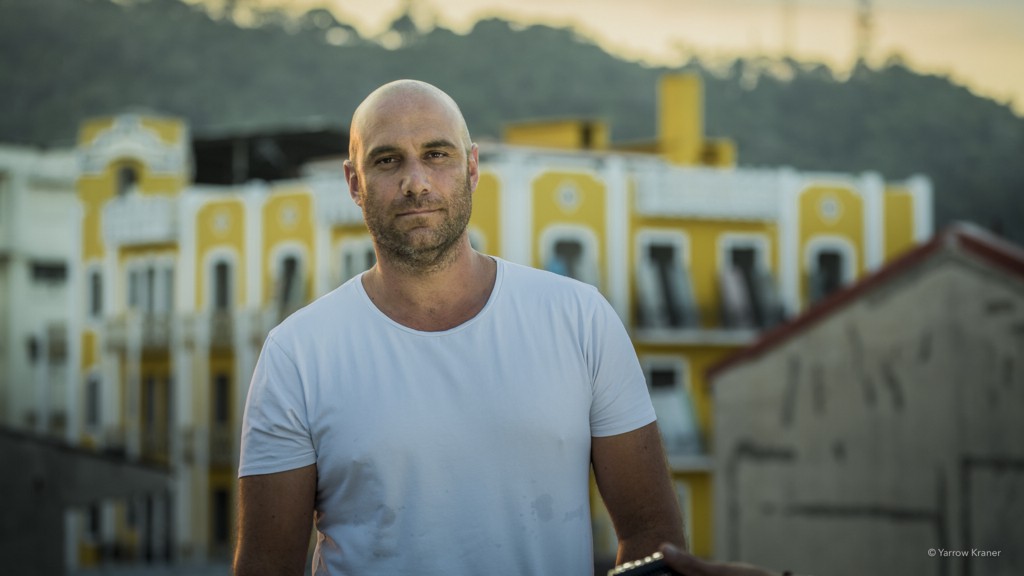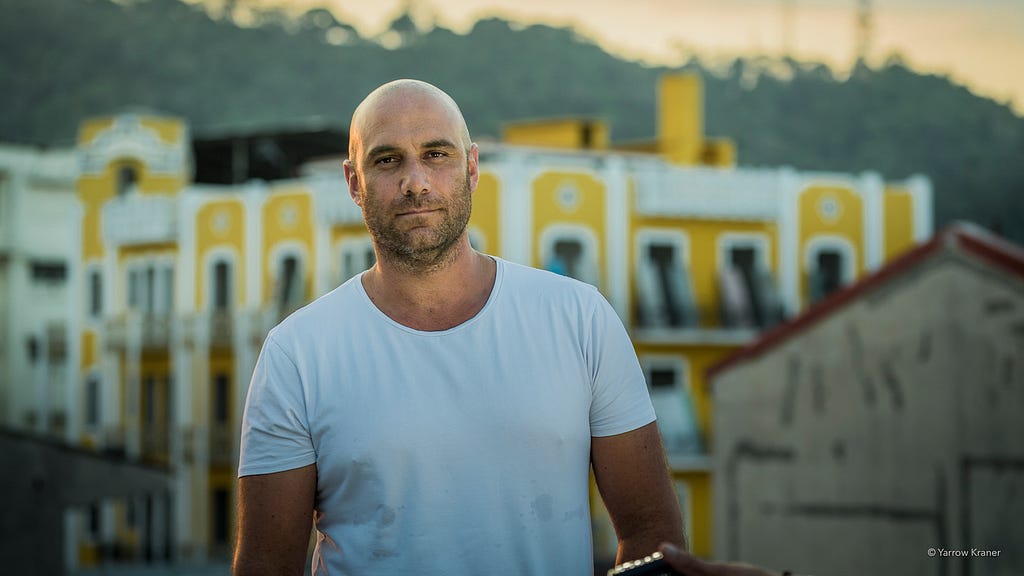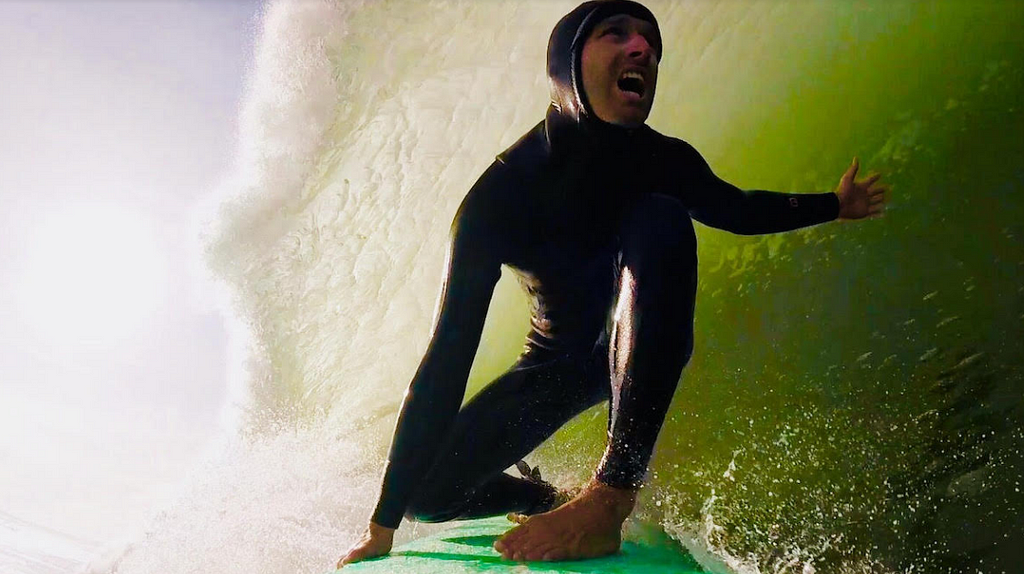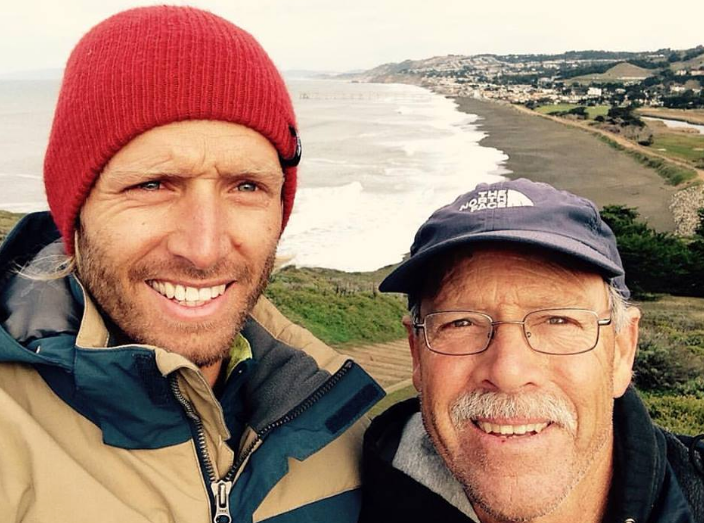The Future of Travel: “Consumers are valuing experiences over ownership” with Marcos Constandse Redko and Candice Georgiadis
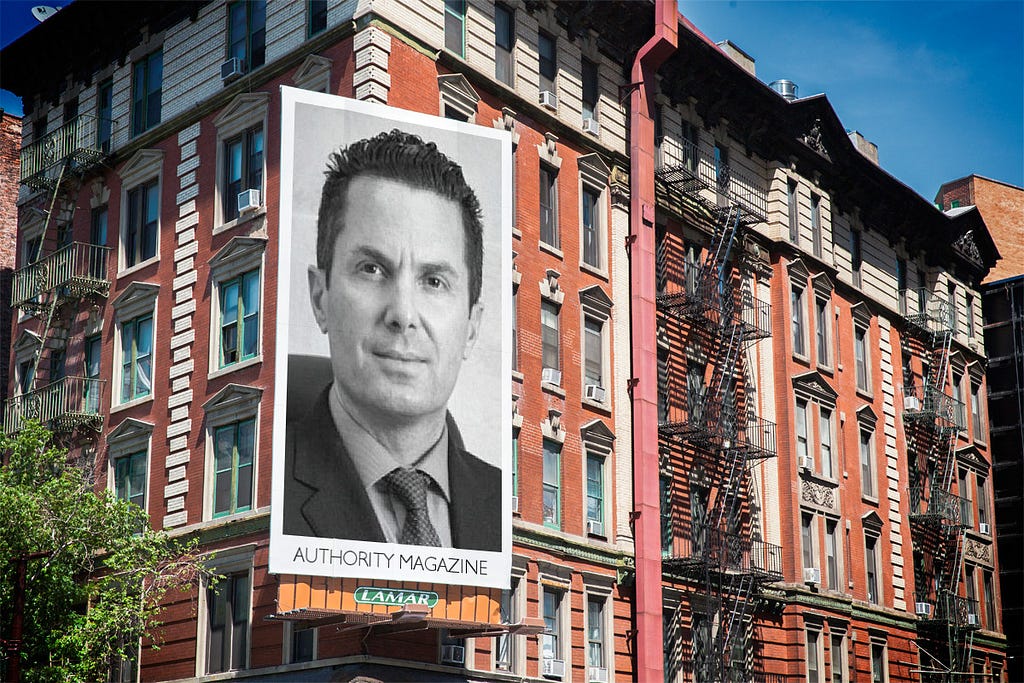
Consumers are valuing experiences over ownership. More and more hotels and travel companies will offer unique and local experiences that can highlight a guest’s trip, no matter their background or their travel preferences.
As part of my series about “exciting developments in the travel industry over the next five years”, I had the pleasure of interviewing Marcos Constandse Redk. Marcos has worked for more than 20 years in the fields of architecture, real-estate development and sustainable tourism at Grupo Xcaret. He graduated with honors with a degree in architecture from Mexico City’s Universidad Iberoamericana, where he also earned a specialization in business administration. Due to his vast experience and passion for sustainable development, he has strived to ensure that all the companies he is involved in have a vision that emphasizes corporate social responsibility. Constandse serves as the VP of Finance and Business Administration and CEO of Grupo Xcaret. He is responsible for strategic planning, as well as overseeing the administrative, financial, legal and accounting departments, corporate governance and corporate social responsibility. Beyond his work with the Xcaret group of companies, he also serves on the executive boards of other real-estate development and hospitality companies in Mexico’s Riviera Maya. Currently, Constandse’s primary challenge consists of further developing Grupo Xcaret, an eco-friendly development set to feature a 6,000-hotel room capacity, a convention center, a shopping area, and a 12,000-seat stadium, all integrated with the Group’s already existent products and services. The Xcaret family proudly owns and operates six parks (Xcaret, Xel-Há, Xplor, Xplor Fuego, Xenses and Xoximilco) and two tours (Xichen and Xenotes). Additionally, in December 2017, Xcaret inaugurated its first hotel property: Hotel Xcaret Mexico. Featuring the unique All-Fun Inclusive™ concept, hotel guests can access the chain’s parks and tours free of charge, while also receiving the traditional all-inclusive perks. The group will also debut a second adventure park, Xavage, in late spring of 2019, and a new boutique hotel, La Casa de La Playa, in December of 2019. Under his current role, Constandse has helped shape Grupo Xcaret as a company that represents the very best of Mexico through all forms of art, including locally-inspired design and architecture.
Thank you so much for joining us! Can you tell us a story about what brought you to this specific career path?
I grew up surrounded by strong businessmen and I knew since early on that I wanted to become a leader. Miguel Quintana, president of Grupo Xcaret, and his partners (my father and my uncles — Oscar and Carlos Constandse) were founding partners of what would become Xcaret’s massive development. Growing up in the Riviera Maya, the sun and beach offering available throughout the region was already top-notch and was further expanded from the 1980s and onwards. My family, along with Quintana’s family, wanted to make sure that the projects we put forward had a positive impact on our community — especially a positive environmental impact. Following my studies, I joined the Xcaret family and haven’t looked back since. Today, I am more immersed than ever in sustainable tourism; it’s not only in my blood, it is what I believe differentiates our offering from the rest.
Can you share a story about the funniest mistake you made when you were first starting? Can you tell us what lesson you learned from that?
When I first started the construction process for Cañón del Sumidero, an eco-friendly park situated in the state of Chiapas, I gathered a group of Cancun’s most talented engineers and headed up to Tuxtla Gutierrez. At the time, they were unaware of the land’s condition: it was located inside a canyon and that it had no car access. Upon their arrival, the engineers began asking questions, as they should have given the challenge, and I let them know that we’d start by building a panga — a marin vessel for cargo — and use boats as means of transportation for all materials and personnel. Consequently, we’d built a support village for the workers to sleep in. However, since there was no access to light, water or drainage, we’d have to carry light across hundreds of kilometers and create our own water and sewage system. Many times, we found ourselves recruiting additional construction personnel from nearby towns; more people meant less resources available for everyone, so I took it upon myself to ensure everyone that we’d make it out just fine. A year and a half later, we opened the Sumidero Canyon park, which to this day remains a must-visit, monumental beauty in Chiapas. Regardless of the complicated living situation, this was a great experience for all and to this day we reference so many memories from our time working together.
What do you think makes your company stand out? Can you share a story?
We attribute our success to multiple factors, the primary one being that we understand that true business success needs to include respect for nature and empowering the communities we work with. We listen to our people: our clientele and our workforce — and this is something we’ve done for over 30 years.
Grupo Xcaret’s sustainable vision has strengthened over time, and many of the company’s sustainability initiatives reflect this. The park has facilitated the release of 12 million sea turtle hatchlings into the ocean and helped with the reintroduction of the scarlet macaw to the southwest of Mexico. Coral reef restoration, which promises to be an effective long-term solution to the damage caused by pollution, has also been extensively implemented. Moreover, before, during and after any construction, the site is inspected by industry professionals who can better inform us what can be done without damaging the area.
The Xcaret family has grown significantly since it was founded. Today, we boast almost 10,000 staff members who see the company as a way to contribute to efforts that will ensure the area’s wildlife thrives for decades to come. By hiring staff who are passionate about protecting Mexico’s natural beauty, we have safeguarded the legacy of our founding partners.
Which tips would you recommend to your colleagues in your industry to help them to thrive and not “burn out”? Can you share a story about that?
Innovation and scaling the business are two of our strategic imperatives. After successfully launching eight parks and tours under the Grupo Xcaret portfolio, we decided that we needed to come full-circle in the hospitality and entertainment world. Our first step: launch a location where all the visitors that were flocking to our parks and tours could stay at. And we weren’t going to settle with a small, simple hotel. Much less, we weren’t going to develop a typical Cancun all-inclusive. At Hotel Xcaret Mexico, we offer our All-Fun Inclusive™ concept; guests have access to all of our nature parks and tours, as well as to luxury accommodations, high-end dining, complimentary airport transfers and free Wi-Fi. This took the tourism world as a surprise because many thought it wasn’t financially sustainable, but because Xcaret is owned and operated under the same business ecosystem we have made it work.
None of us are able to achieve success without some help along the way. Is there a particular person who you are grateful towards who helped get you to where you are? Can you share a story?
My father, the engineer Marcos Constandse Madrazo, is a humanist, in its broadest sense, that is to say: he values the human being and the condition of the human spirit, as the guiding axis of thought and its subsequent actions.
After a lot of work, many creative processes, and a lot of effort, he found the possibility of expressing his creativity always through work, which parallels his family, friends and trips (and a lifetime of philosophical search, personal, transpersonal) allowed him to find a sense of life, in which through the awareness of “his other self” he found the way to the search for transcendence.
On many occasions he has told me that the ultimate goal of mankind is to be happy. However, we both believe that happiness can only be found through the other, or only through the happiness (or love) of our neighbors is that we can find our own happiness.
In our talks there has not been a single day where the word “spirit” does not come out, the spirit of things, the spirit of the human being. And it has taught me that through awareness of this spirit, mine, yours, ours, is that we can, each of us, in our field, contribute to this collective spirit that evolves to bring us closer and closer to the truth, to beauty to ourselves or to God (in each of our own versions of it).
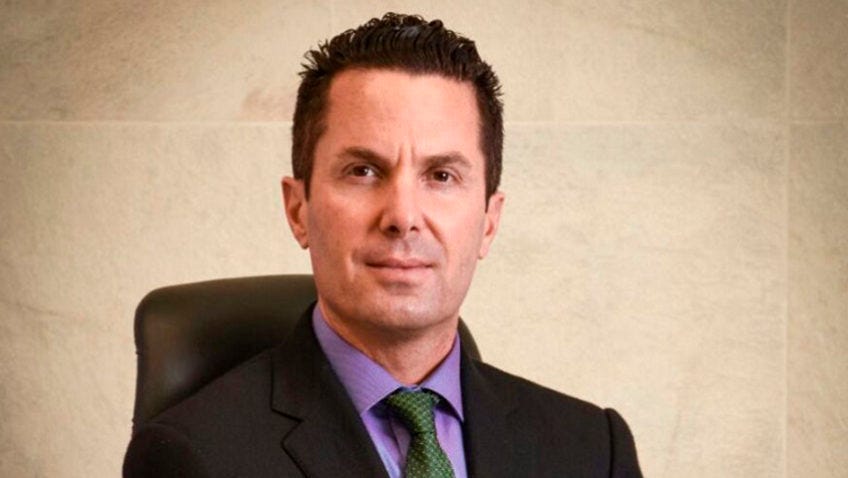
Let’s jump to the core of our discussion. Can you share with our readers about the innovations that you are bringing to the travel and hospitality industries?
Please see above.
We are working to enhance our All-Fun Inclusive™ concept by launching a new extreme adventure park called Xavage and La Casa de la Playa, our first boutique hotel.
Following an investment of US$85 million, La Casa de la Playa, a sustainable boutique hotel, will meet the industry’s highest standards and feature 63 spacious suites with private plunge pools, categorized in three concepts: Nature, Fun and Wellness. Conceived as a living sculpture grounded in urbane style and sustainable architecture to personify the pinnacle of Mexico, the boutique resort will come to life thanks to modern design elements, chic décor and dramatic common spaces juxtaposed by a lush, verdant surrounding. The extraordinary property will also house two pools, a spa, in-room spa services, mezcaleria, chocolate confectionary shop, wine cellar, library and multiple dining destinations.
Which “pain point” are you trying to address by introducing this innovation?
We are consolidating the experiences offered to travelers’ who seek to enjoy the region in which we operate through a unique entertainment offering that highlights the best natural and cultural features of the region and by providing upscale accommodations and amenities.
How do you envision that this might disrupt the status quo?
With great innovation comes challenging the status quo. As a group, we’ve contributed by adding value to the destination and have prompted other organizations in the Riviera Maya to put on their disruption hats and join us in generating positive change for all.
Can you share 5 examples of how travel and hospitality companies will be adjusting over the next five years to the new ways that consumers like to travel?
1. Consumers are valuing experiences over ownership. More and more hotels and travel companies will offer unique and local experiences that can highlight a guest’s trip, no matter their background or their travel preferences.
2. Ecotourism will continue to be on the rise and even the largest global hotel chains are taking note.
3. Local relevancy will continue to increase as tourism operators try to offer new opportunities where tourists can feel more immersed than ever in local cultures.
4. 21st century niche travel segments will continue to evolve: babymoons, medical tourism, gastrotourism, voluntourism, etc.
5. Multi-gen travel is here to stay.
You are a “travel insider”. How would you describe your “perfect vacation experience”?
A perfect holiday experience must involve practical solutions that meet one’s expectations from the very beginning until the last second at the destination. By understanding and reaching that premise, we developed the concept “Everything flows,” which ensures every moment of a guest’s stay at any Grupo Xcaret property is appointed with the highest level of service quality, so that guests can truly experience our unique offerings that blend nature and authentic Mexican culture.
Can you share with our readers how have you used your success to bring goodness to the world?
As a sustainable tourism conglomerate, we take daily measures to ensure that we minimize our carbon footprint, are energy efficient, use water responsibly and adequately manage waste. Some specific examples include:
· Reduced single-use plastic waste: The hotel uses straws made from avocado seeds and serves only purified water in reusable glass bottles.
· Waste management: All organic materials are taken to Xcaret Park and turned into compost that is then used in reforestation the surrounding area.
· Continuous contribution to Xcaret Animal Welfare and Endangered Species Conservation Programs, including Sea Turtle Conservation, Coral Reproduction and Scarlet Macaw Conservation.
Additionally, we implement programs to support vulnerable Mexican communities. For example, lamps in every room at Hotel Xcaret Mexico are made by inmates of a nearby prison as part of an educational program funded by the hotel that aims to rehabilitate through teaching them a trade and stained-glass decorations are made by indigenous communities in Oaxaca and Chiapas.
You are a person of great influence. If you could start a movement that would bring the most amount of good to the most amount of people, what would that be? You never know what your idea can trigger. 🙂
In our 30 plus years of operation, we’ve began a movement towards further promoting sustainable tourism in Mexico. We openly share our best practices that can be applied across a variety of areas of expertise, hoping to ignite top entrepreneurs in the tourism sector and jointly build sustainable communities in Quintana Roo and across Mexico.
How can our readers follow you on social media?
@GrupoXcaret in twitter and Instagram.
This was very inspiring. Thank you so much for joining us!
The Future of Travel: “Consumers are valuing experiences over ownership” with Marcos Constandse… was originally published in Authority Magazine on Medium, where people are continuing the conversation by highlighting and responding to this story.

